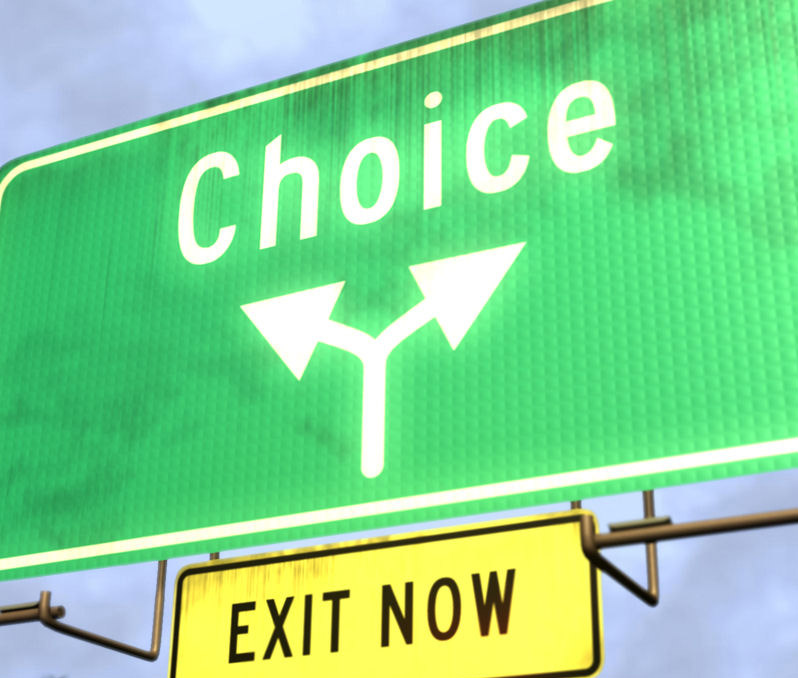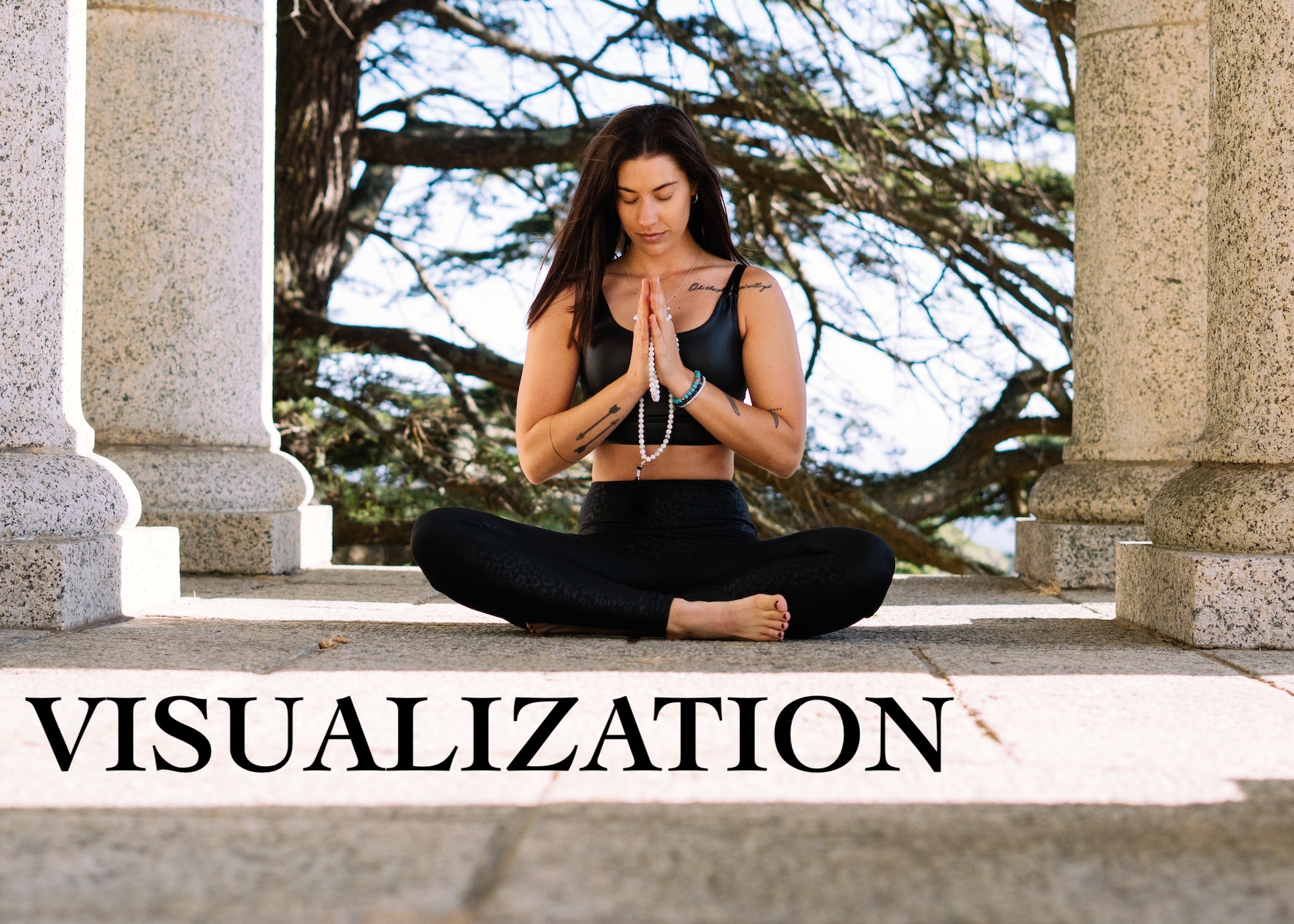Dealing with Shenpa
Lately, I’ve been thinking a lot about something that Tibetan Buddhists call “shenpa”. Shenpa is typically translated to mean attachment and it’s from this translation that we hear the phrase, “Attachment is the root of all suffering”. Certain schools within Tibetan Buddhism teach a somewhat broader translation, however, and it is this different translation/idea that I’d like to discuss in this article.
According to Pema Chödrön, shenpa would better be translated as “something that hooks us”. That hooked quality can be a good feeling or it can be a bad feeling. Your partner says something to you, perhaps, and your ire immediately rises. Shenpa. Or perhaps you’re having a really bad day at the office and you can hardly wait for a couple of doubles to take off the edge. Shenpa. Shenpa can express itself in a myriad of ways.
I’ve been going through a lot of that lately. In fact, it’s safe to say that we all do, each and every one of us, each and every day. To be human, it seems, is to be hooked in some fashion. Whether it be shutting down with your partner over the argument you just know is coming, judging yourself harshly for failing to succeed, or maybe even just seeing somebody come into the room and your hackles raise in dislike, it’s all shenpa.
Yeah, I’ve been going through a lot of that lately. I’ll awaken in the morning to the realization that I just spent all night dreaming of my ex-. Again. Absolutely hooked. The tightness comes and I have to work hard to breathe through it and let it go. Thankfully, I’m mostly successful. Until the next time.
We all deal with shenpa. It can be an addiction with which we numb out and run away from something inside. It can be an emotional closing down in order to protect ourselves from hurt. It can be an emotional lashing out, usually for the same purpose. Many of us spend a lot of time experiencing all three varieties.
Over the last few years, I’ve worked very hard to cultivate clear sight, something the Tibetan Buddhists call “prajna”. You can think of prajna as the anti-shenpa of sorts, for it is our ability to see our stuff clearly and honestly, without deceiving ourselves in any way, shape or form. Such honesty is a true blessing. It is through this ability to see the Self clearly that we can grow and become something greater.
In Western culture, we have a rather horrible tendency to beat down the Self in a barrage of guilt and denigration. Interestingly enough, this tendency is missing from Eastern cultures. This difference is often misunderstood and maligned by Western thinkers as indicative that the moral fibre of those in the East is somehow lacking compared to their Western brethren. My own personal perspective is that the greatest difference is that those in the East have a wonderful shortcut available to them to learn and grow from an experience. They don’t waste any time berating themselves for their supposed sins. They just learn from the experience and move on.
Those of us from a Western upbringing can learn from this capacity and develop it to our advantage. The simplest expression I can think of would be to celebrate our ability to detect our shenpa instead of laying on the guilt for failing to contain it. If we can learn to cultivate the former approach, we’ll have given ourself a wonderful tool with which to grow.
Guilt is a wholly wasted emotion. While we tend to describe it merely as recognition of wrong-doing and the subsequent feeling bad about that, our culture has raised it from simple recognition to a means of emotional beating and control. In essence, we’re programmed to believe not that we did something wrong, but that we’re horrible people for having done it. And generation after generation pushes forth that mode of thinking by berating their child: “You’re a bad, bad girl!” It would be so much less damaging to a pure soul to hear the words, “What you did wasn’t good, son.”
Do you see the difference? Can you feel the difference?
Now, think about how you talk to yourself about those things about which you’re unhappy. Do you malign and denigrate yourself to induce that huge wave of guilt that proves you to be unworthy? That’s shenpa.
Learn to recognize how shenpa expresses itself in your experience. Cultivate prajna and truly celebrate that you have the wisdom to see your shenpa for what it is. The more you practice seeing and celebrating, the less control over your life shenpa will have on you. You’ll be less hooked. And in being less hooked, you’ll be free.




January 25, 2018 at 8:52 pm
David White
Trane,
Your response to Michelle, as well as the article itself, is absolutely magnificent. I plan to come back and reread it often, as I experienced much insight. I would like to get your newsletter and learn more.
I see that this was written over a year ago. Nothing since then?
dvw
January 26, 2018 at 9:39 pm
Trane Francks
Hi, David.
They say that when the student is ready, the teacher will appear. It is with great gratitude that I must say thank you to you for your gentle reminder that I have been allowing myself to wallow in Shenpa for the better part of two years. That wallowing resulted in me straying from both my practice and from teaching.
Wallowing: It’s a thing.
The good news is that I’ve been making decent progress in healing. Since you asked so nicely, I’ll write an article in the newsletter to fill people in on my absence and what has been consuming so much of my energy.
Peace to you. And thank you.
trane
April 29, 2017 at 2:26 pm
Michele
Thank you for this article on Shenpa. I’ve read and listened to Pema Chödron for years now, but this is the first time I “discovered” the word Shenpa. Her recording “getting unstuck” addresses this whole topic. As you just wrote, it is an ongoing and challenging process to free oneself from the hook by acknowledging and becoming aware of it (prajna) and then staying with it and then repeating that process over and over. My biggest challenge and cause for concern (and this question is asked in the recording) is dealing with shenpa when off the cushion and my habits want to just have a ball (shut down, get angry, react over-emotionally…). Would love to hear your thoughts on that after all these years of practicing. Or maybe I just need to hear from someone who knows that “really, eventually it become easier!” 🙂
April 30, 2017 at 9:44 pm
Trane Francks
Hi, Michele.
Thanks for the very kind words! Pema’s audiobook “Getting Unstuck” is one of my favourites. She serves as a wonderful reminder that our practice is exactly that: A *practice*! We revisit our stuff over and over as we refine our approach to Life, the Universe and Everything. Life really is a journey rather than a destination. ?
When it comes to wanting to let go so that we shut down, anger, etc., it’s worth considering ego’s role here. Ego’s task is to ensure that we run our programming uninterrupted. It wants this as it is our evolutionary adaptation that ensures our safety. As many of us have discovered, however, our programming may not necessarily be in our best interest.
When we revert to our base reactions, we’re literally running our programming without any checks and balances. When this happens, we are by definition not being mindful. Our subconscious programming starts by way of triggers. Our triggers come from ego thinking that it sees patterns of experience. Patterns that represent danger trigger a protection/coping mechanism.
In minor instances, these coping mechanisms can be quite harmless, but those of us who wish to cultivate mindfulness and presence need to remember that whenever we just allow ourselves to run on autopilot, we’ve stopped being present. Our task in our practice is to cultivate the ability to observe the program before it runs, which then empowers us to make choices towards consistent appropriate reactions.
I would suggest that we don’t phrase our challenges as “causes for concern” because doing so puts positive/negative judgments into our practice. I prefer to refer to such things as desired outcomes. Some thing or action is either moving me towards or away from my desired outcome. If Shenpa visits and I lose my bearings, it is of no use to berate myself or become concerned. Becoming aware of it at any point is progress in my practice.
Ultimately, we strive to cultivate Prajna to the point that we are frequently able to step in and choose our reaction consciously instead of unconsciously triggering on our inner program. Once we’re there, we’re experiencing Shenluk, turning Shenpa on its head.
TL;DR – Really, eventually it becomes easier! ? It really does. The trick is to be present in your practice and not judgmental of it. Our practice is only difficult when we choose to judge our success (and, therefore, worth). The more you’re in the breath, the less of a chance ego has to fire off our judgment subroutines.
Be gentle on yourself, Dear Heart. You’re here to learn something. Fully embrace that journey and worry not about how good or bad you’re doing along the way. S’all good, yo!
Much love. Namaste,
trane
March 13, 2017 at 6:55 am
Maria Amador
Today was the very first time I heard of the word “shenpa.” Your explanation was so clear that I immediately saw it in my own life.
Thank you,
Maria
March 13, 2017 at 10:14 am
Trane Francks
Hi, Maria.
Thank you so much for your comment! I’m delighted that you found the article useful. Interestingly enough, some seven years later, I’m still finding myself going through these cycles. It makes me smile in recognition that our journey is never complete.
Namaste and much love to you,
trane
March 20, 2016 at 1:30 am
Liz
Thank you …I am having a Shenpa moment right now .this has helped
March 20, 2016 at 2:46 am
Trane Francks
Hi, Liz.
Best of luck to you dealing with your shenpa. May you enjoy the success of shen-luk, turning shenpa on its head.
Namaste,
trane
February 5, 2015 at 12:11 pm
Bill
I’ve just recently found out about shenpa. I immediately thought of it as equivalent to addiction. I will have been working a Twelve Step program for 27 years in March so I’m always looking for a deeper understanding of addiction (shenpa) and recovery (shenyuk I think). Thanks for helping to bring me greater awareness.
February 5, 2015 at 12:28 pm
Trane Francks
I hope that you find something here of value, Bill. If I can be of any assistance whatsoever, feel free to contact me at any time.
Blessings to you on your journey of healing!
November 21, 2012 at 1:23 am
DenMal
So true, so pround.
Many thanks.
September 6, 2012 at 9:55 am
Teresa
This was a wonderful read. Thank you for sharing.
Namaste
September 6, 2012 at 10:48 am
Trane Francks
Thank you for taking the time to read and offer feedback, Teresa. It’s gratefully appreciated!
Peace,
trane